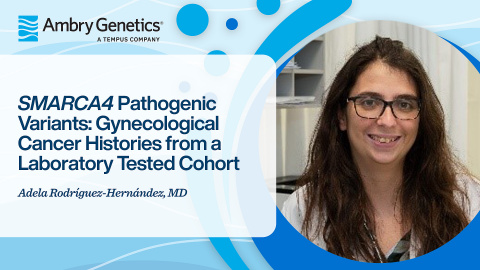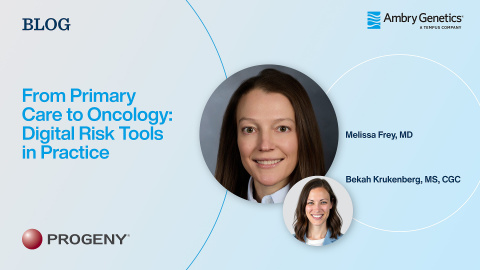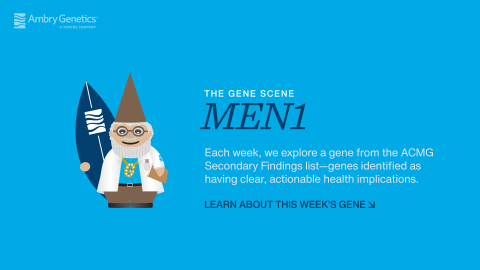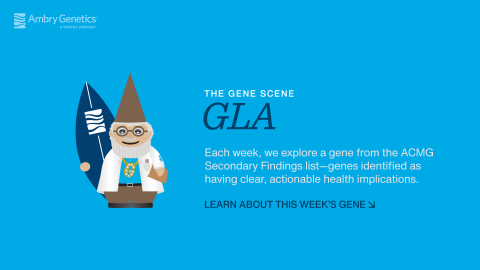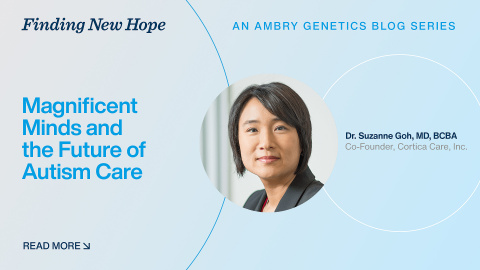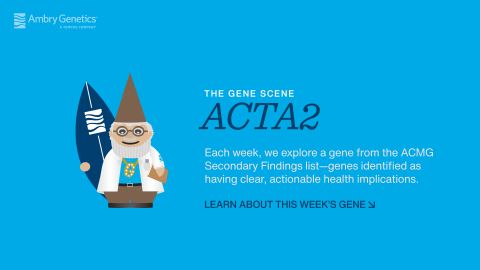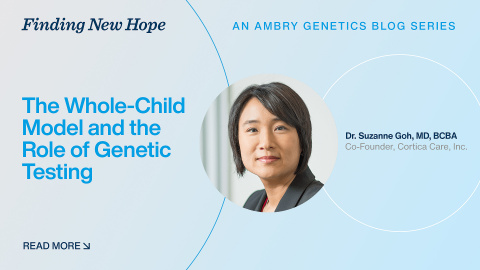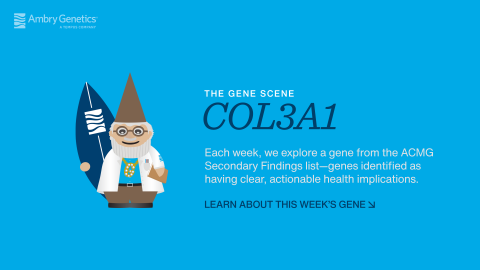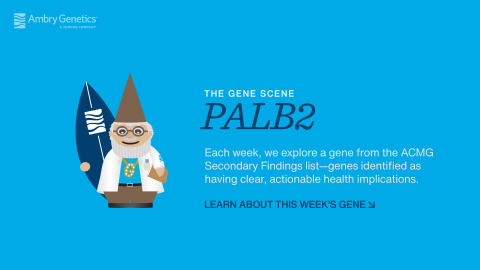- By Adela Rodríguez-Hernández, MD
- Posted December 17, 2025
SMARCA4 Pathogenic Variants: Gynecological Cancer Histories from a Laboratory Tested Cohort
As a research fellow in the Cancer Genetics and Prevention group at Dana-Farber Cancer Institute—trained as a medical oncologist in Spain and specializing in hereditary cancer and translational genomics—I am often asked how to counsel patients who carry rare pathogenic variants, particularly when evidence is limited or outdated. Few scenarios…
- By Bekah Krukenberg, MS, CGC
- Posted December 10, 2025
From Primary Care to Oncology: Digital Risk Tools in Practice
Dr. Melissa Frey, a gynecologic oncologist, cancer geneticist, and researcher based in New York City, uses digital tools to streamline family history intake, assess cancer and hereditary risk, and improve documentation. We’ve previously covered Dr. Frey’s work showing how digital history collection improved documentation and risk assessment…
- By Kristina Garcia, MGCS, CGC
- Posted December 9, 2025
The Gene Scene: MEN1
Welcome to the Gene Scene! Each week, we will explore a gene from the ACMG Secondary Findings list—genes identified by the American College of Medical Genetics and Genomics as having clear, actionable health implications. These genes are included because they’re linked to serious but preventable or manageable conditions when identified early.…
- By Margo Gallegos, MS, LCGC
- Posted December 2, 2025
The Gene Scene: FOLR1
Welcome to the Gene Scene! Each week, we will explore a gene from the ACMG Secondary Findings list—genes identified by the American College of Medical Genetics and Genomics as having clear, actionable health implications.These genes are included because they’re linked to serious but preventable or manageable conditions when identified early.…
- By Aubrey Rose, MS, CGC
- Posted November 25, 2025
The Gene Scene: GLA
Welcome to the Gene Scene! Each week, we will explore a gene from the ACMG Secondary Findings list—genes identified by the American College of Medical Genetics and Genomics as having clear, actionable health implications. These genes are included because they’re linked to serious but preventable or manageable conditions when identified early.…
- By Nicole Teed
- Posted November 19, 2025
Finding New Hope: Magnificent Minds and the Future of Autism Care
One in thirty-six children in the United States is diagnosed with autism, but many parents are still navigating this complex terrain without a road map. Each child is more than their diagnosis, and Dr. Goh embraced a whole-child approach in their care. Listen and read more below to dive deeper into her advice for parents and some highlights from…
- By Anusha Klinder, MS, CGC
- Posted November 18, 2025
The Gene Scene: ACTA2
Welcome to the Gene Scene! Each week, we will explore a gene from the ACMG Secondary Findings list—genes identified by the American College of Medical Genetics and Genomics as having clear, actionable health implications.These genes are included because they’re linked to serious but preventable or manageable conditions when identified early.…
- By Nicole Teed
- Posted November 12, 2025
Finding New Hope: The Whole-Child Model and the Role of Genetic Testing
Dr. Goh founded Cortica and created the Cortica Care Model to address autism in a whole-patient approach. Genetic Testing Is a Piece of the Puzzle Dr. Goh believes genetic testing is an important piece of the puzzle to combine optimal medical treatment with effective cognition, communication, and behavior strategies. Keep reading and watch the…
- By Grant Bonesteele, MS, CGC
- Posted November 11, 2025
The Gene Scene: COL3A1
Welcome to the Gene Scene! Each week, we will explore a gene from the ACMG Secondary Findings list—genes identified by the American College of Medical Genetics and Genomics as having clear, actionable health implications.These genes are included because they’re linked to serious but preventable or manageable conditions when identified early.…
- By Shabnam Asgari, MS, CGC
- Posted November 4, 2025
The Gene Scene: PALB2
Welcome to the Gene Scene! Each week, we will explore a gene from the ACMG Secondary Findings list—genes identified by the American College of Medical Genetics and Genomics as having clear, actionable health implications.These genes are included because they’re linked to serious but preventable or manageable conditions when identified early.…
